Chicken Sexing & the Start of Egg Watch
- Sep 22, 2017
- 2 min read
Village Farm Team,
Remember back in May when our farm chickens were simply incubating eggs? When choosing to add chickens to a farm, there are two common routes: one can either incubate the eggs or buy hatched and sexed chickens that have already been separated based on gender. If you go the route of egg incubation, you have control over what you do with the males and females. If you decide to go with pre-sexed chickens and purchase them from a hatchery, you would be receiving all female egg-laying hens and perhaps one or two males. The rest of the males tend to be immediately destroyed as soon as they are old enough to be identified as such.
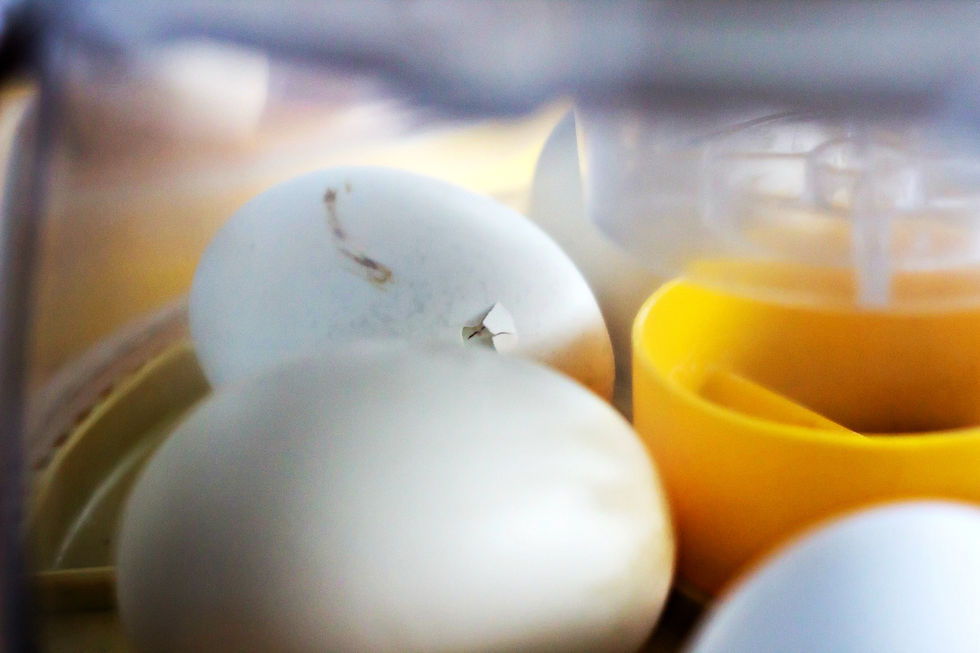
This year, the farm team chose to go the route of egg incubation in order to have complete control over the hatching and sexing process. The male to female ratio of our hatched chicks ended up being roughly 50/50. So, half of the population was male while the other half were female.
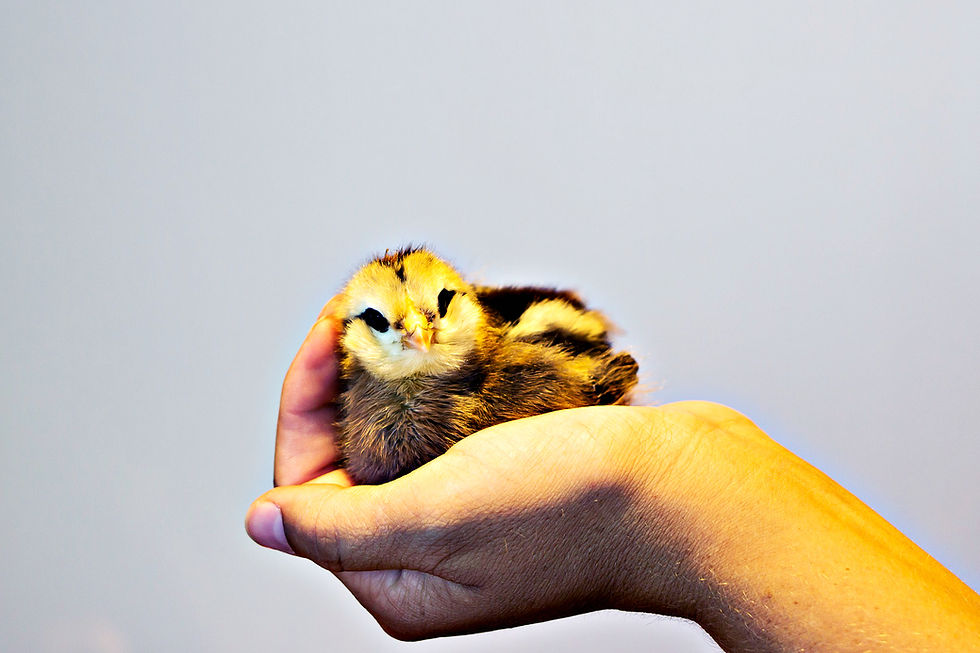
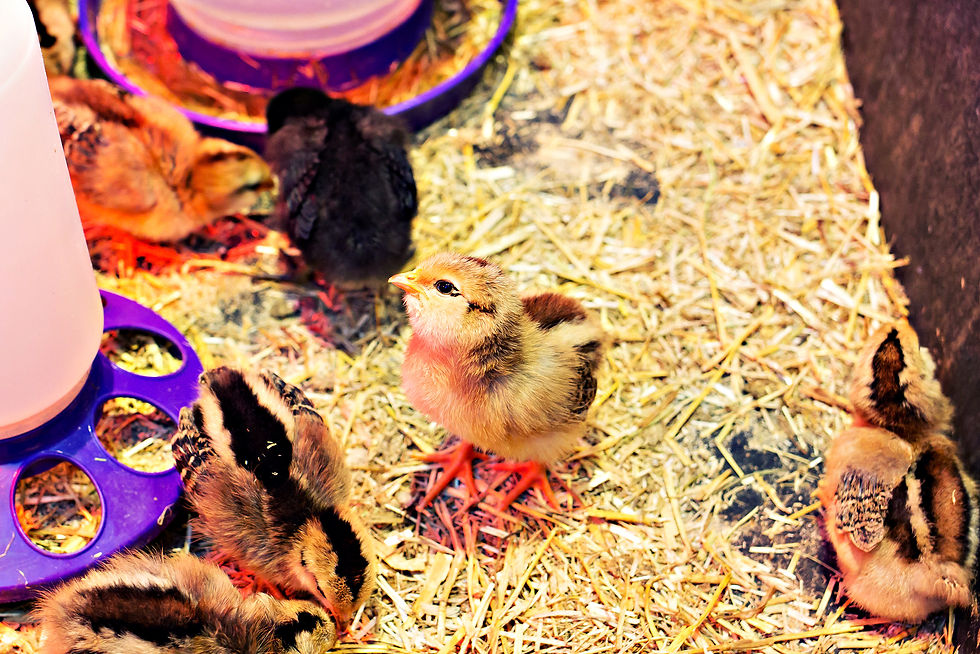
Over the past couple of months, all of our chickens have enjoyed a lovely life on the farm with the freedom to express their “chicken-ness”. They’ve been able to eat gourmet made-from-scratch chicken feed and some have even shown interest in cuddling with the farm team from time to time. As the males begin to age however, they grow more aggressive and dominant and the possibility for fighting increases. This past week it came time to sex our farm chickens and separate the males from the females.

As part of our sexing process, all of the females were separated out and will remain in the coop. Their role on the farm will be as egg-laying hens. One rooster, named Chanticleer by our team, will stay with the hens. His role will be to protect the flock and make sure they are safe. Our remaining males were ethically slaughtered in order to serve their purpose for human consumption. Due to the small number of processed chickens, and the fact that the meat will not be available for sale to the public, we sent them home with the farm staff that so lovingly cared for them during their lifetime. This may seem like a difficult process, but ultimately it was necessary for the safety of the remainder of our flock.
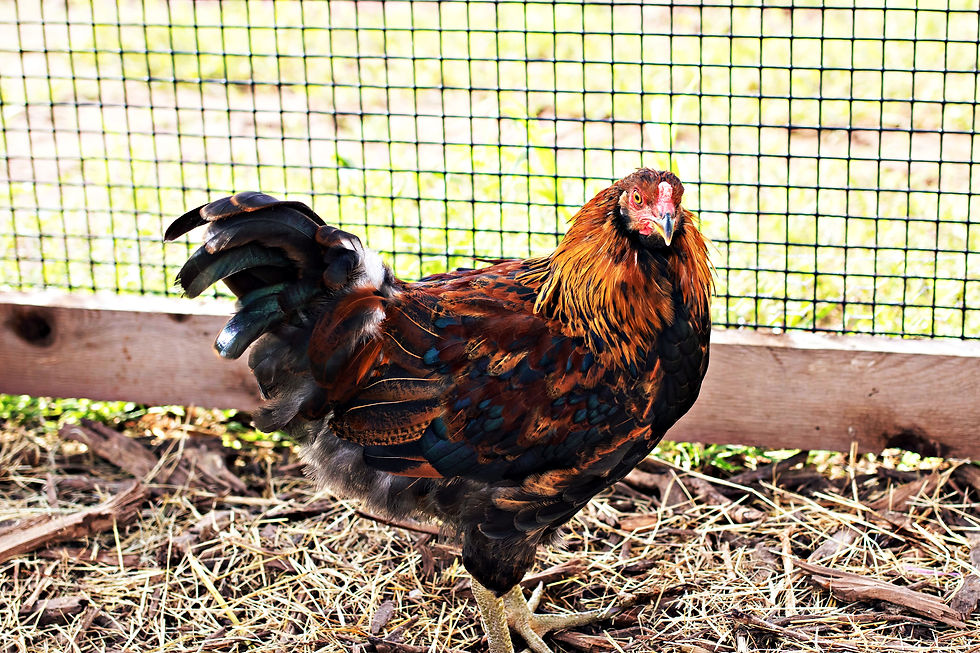
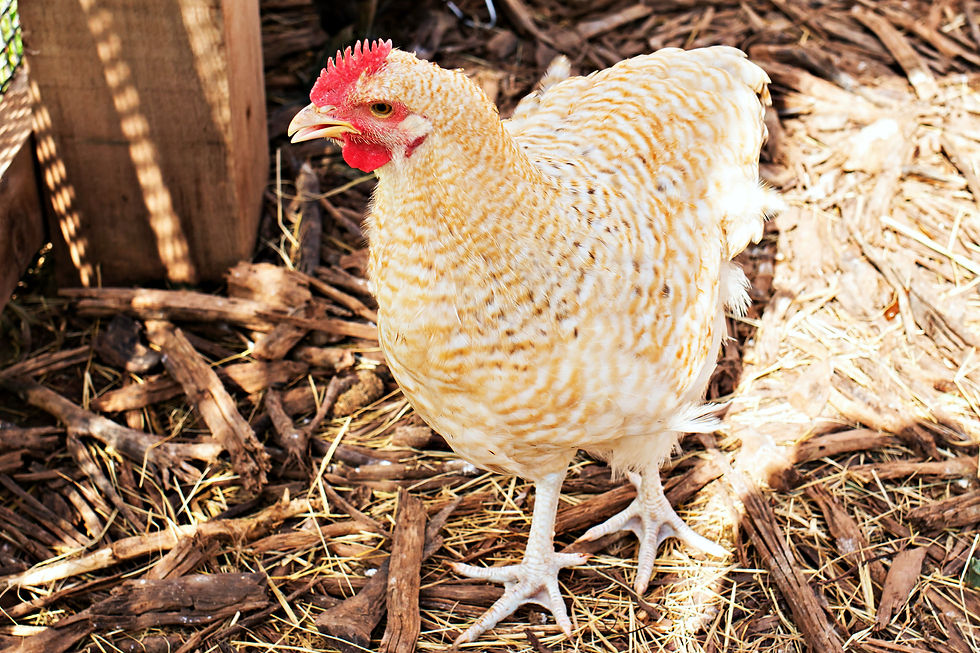
Though our hens are still about a month away from egg-laying, we’ve started “egg watch” on the farm! The team will check the coop multiple times a day to see if our ladies have laid any eggs yet. Although they will eventually lay eggs in their coop, it won’t be uncommon at first to start finding them on the ground of their run. Once they begin laying eggs regularly, they will prefer to be in the enclosed area of their coop.
Happy Harvesting,
The Agmenity Farm Team
Words & Photos by Courtney West





















Comments